Feeding Your Feline Friend:
Meta Title:
The Art and Science of Feeding Your Feline
Meta Description Here, we discuss the important parts of feeding our pets incorrectly. They need a balanced diet, and here we learn how to keep our cats healthy and happy. If we give them the right food, we may keep our cats happy.
Cats are beautiful pets in our houses. When we are talking about our pets, it’s very important to know about their food. From understanding their dietary need, we should set a schedule to give them proper food and vitamins. There are several factors to consider when it comes to cat feeding.
Introduction to Cat Feeding
Feeding your cat goes beyond just filling their bowl with food. It’s about giving them a balanced diet that meets their nutritional requirements. Cats are carnivores, which means they require a diet rich in protein. Proper nutrition plays an important role in their overall health, from maintaining a healthy weight to supporting their immune system.
Types of Cat Food
There are different types of food, we have options.
Dry food
Wet food
Raw food diet
How Much Should You Feed Your Cat?
Determining the right quantity of food depends on different factors, including age, weight, activity level, and overall health. It’s important to know about the best quantity accordingly. As a general rule, kittens and active adult cats require more food than senior or less active cats.
The Importance of Water
Water is very important for cats to stay hydrated and maintain proper kidney function. Providing fresh, clean water in multiple locations throughout the home can help ensure your cat stays hydrated. Some cats enjoy and feel happy with fresh water. It may help to put a fountain in your house. In this wa,y your cat will drink enough water, which makes them stay healthy and hydrated. The proper amount of water may also increase the level of activity, health, and performance may better all day.
Common Dietary Mistakes
A cat owner often makes a major mistake in overeating. This may cause various health issues, including diabetes and joint problems. Additionally, feeding cats human food can be harmful, as many human foods are toxic to cats. It’s essential to stick to a balanced cat food diet and avoid giving them table scraps. Some of these mistakes may create problems in cats.
NEGLECTING EDUCATION
ADOPTING THEM TOO YOUNG
NEGLECTING VACCINATIONS AND DEWORMING
NOT ASSESSING SPAYING OR NEUTERING
NOT AVOIDING THE FORMATION OF HAIRBALLS
NOT CONTROLLING THEIR DIET
NO YELLING AND SCOLDING
SEPARATING THEIR SPACES
Creating a Feeding Schedule
A common mistake we make is to free-feed our cats. Free feeding is when you provide your cat with food for a full 24 hours. The cat comes and eats whenever it wants, which causes the cat to become lazy, and this affects their health, causing it to weaken physically. This is one of the main reasons why cats become weak. If we schedule their proper time for food, it may be helpful and also useful to maintain cats’ health and keep them active all day
Choosing the Right Cat Food
When choosing a cat food, it’s important to read the label carefully and choose a high-quality food specifically for cats. Look for foods that list meat as the main ingredient. Consider your cat’s age, activity level, and any special dietary needs when choosing the right food for them. Some important ingredients used in their food play an important role in keeping your pet active all day.
Protein
Essential Amino Acids
Carbohydrates
Fatty acids
vitamin
Mineral
When you add all these important this will help your cat be healthy and active. A cat’s age and activity level also play an important role in selecting the best food for your cat.
Feeding Multiple Cats
In different households, feeding can be a bit more difficult, especially if a cat is more aggressive around food. Provide separate feeding areas for each cat that is slow to feed. Monitor your cat’s behaviour at mealtimes and address any food aggression issues. If you notice any unusual activity, you should contact your doctor.
Special Dietary Needs
Meat
Cats are obligate carnivores, which means they need to have meat in their diet to survive and be healthy. Meat is rich in amino acids and animal protein and is the main nutrient source for cats. You can feed your cat beef, chicken, and turkey, as long as they are served without any seasonings like sauces, garlic, or onions. These spices are harmful to your cat.
Most vets warn against raw meat from the grocery store because of the risk of salmonella or other bacterial contamination. Make sure the meat is cooked well enough so that all the possible bacteria and viruses on it are killed. Be sure to take cooked meat off the bone. Cooked bones splinter easily, which can cause choking or a gastrointestinal tract puncture.
Bread
Plain white and wheat bread is generally safe for cats to eat in moderation. But note that bread contains no nutritional value for them, so it should not replace their normal cat food diet.
And keep in mind that not all breads are harmless. Some breads contain toxic ingredients that should never be fed to cats.
Garlic or onions, for example, are ingredients found in bread that can be toxic to cats. And some breads contain nuts, seeds, or chocolat,e which can cause problems for cats. And the biggest danger comes from raisins. Raisins are highly toxic to cats and are sometimes found in breads and baked goods.
Eggs
Eggs are safe and even beneficial for cats. They are full of protein, amino acids, and B vitamins, so they make a healthy treat. But make sure to cook the eggs before feeding them to your cat. Raw eggs can be a source of harmful bacteria. Feeding raw eggs to a cat can also lead to vitamin B7 deficiency.
Fish
Cooked fish is safe for felines and is a great source of protein in a cat’s diet. It contains a vital source of vitamins and amino acids, which help to maintain a healthy coat. The best way to serve fish to your feline friend is to boil it, cut it into small pieces, and without any seasonings. Make sure to remove all bones very carefully.
Spinach
If you have ever seen your cat nibble on grass, then you know kitties like leafy greens. Packed with vitamins and minerals such as vitamins A, C, and K, iron, and calcium, spinach can be a healthy treat for your feline friend. Many cat food companies also use spinach as an ingredient in their recipes due to its health benefits.
Pumpkin
Not only is pumpkin high in fibre and low in calories, but it is also an effective treatment for cats with loose stools. Many veterinarians suggest pumpkin as a remedy for constipation in feline patients.
Supplements
Your cat may benefit from nutritional supplements for specific health concerns or nutritional deficiencies. It’s important to consult your vet before adding any supplements to your cat’s diet, as not all cats need them, and some supplements can interact with medications.
FAQs on Feeding Cats
- How often should I feed my cat?
- Kittens: 3-4 times daily.
- Adult cats: Twice daily.
- Senior cats: Tailored to their specific needs.
- Can I feed my cat a vegetarian diet?
- No, cats are obligate carnivores and require nutrients found only in animal products.
- What are the signs of food allergies in cats?
- Symptoms include itching, hair loss, and gastrointestinal issues.
- How can I prevent my cat from becoming overweight?
- Control portion sizes, avoid free feeding, and provide regular exercise.
- Is it okay to give my cat milk?
- Most adult cats are lactose intolerant. It’s better to provide water or specially formulated cat milk.
Conclusion
A healthy, balanced diet is important to your cat’s health. You can ensure that your feline companion lives a healthy life by knowing their nutritional needs, choosing the best food for them, and avoiding common feeding mistakes. If you notice any unusual activity, you can contact your doctor.


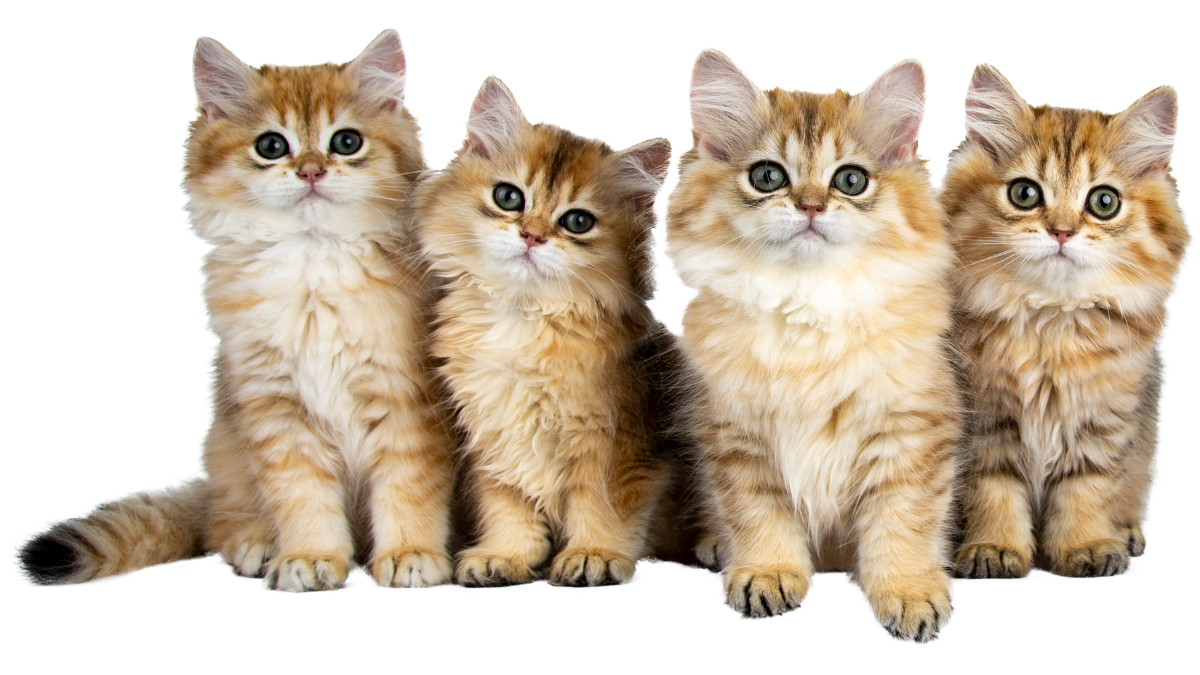
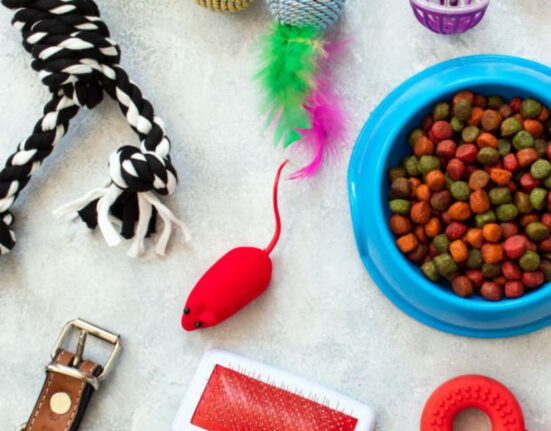
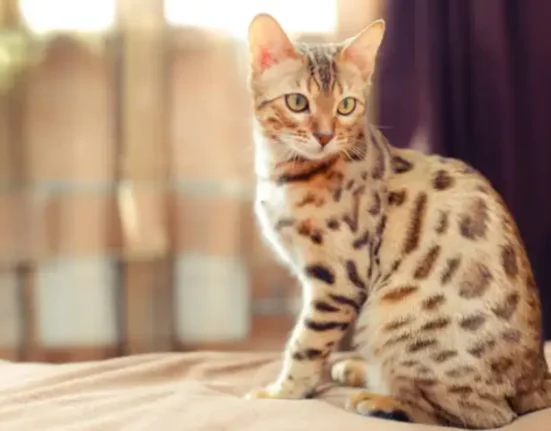
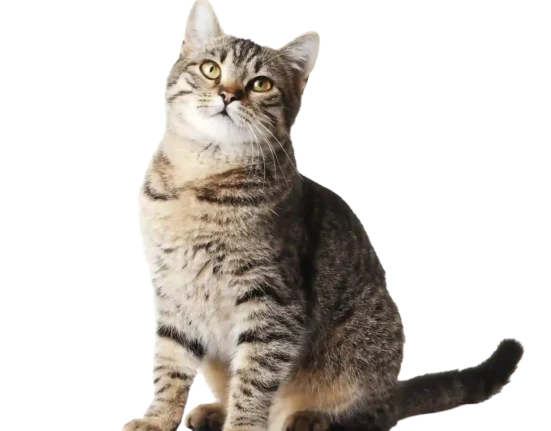
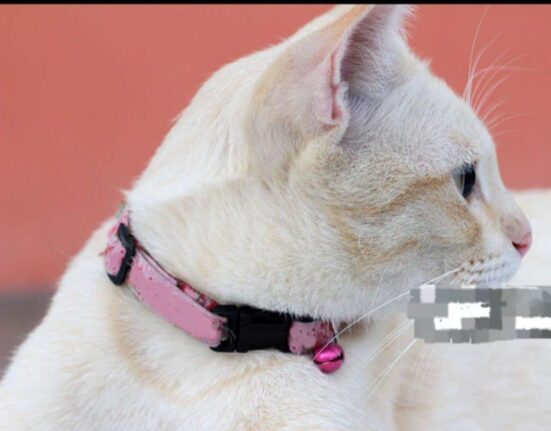

Leave feedback about this